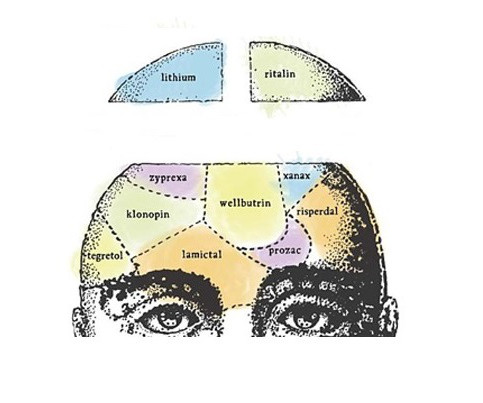In Brain Chemistry We Trust—The Gospel According to Pharma
Mad in America
APRIL 2, 2025
Their combined marketing power led to an unprecedented, carefully orchestrated promotional effort that fundamentally changed peoples understanding of mental health. By 2018, Americans were spending $17.4 Companies that normally would be rivals became “allies in efforts to market their very similar antidepressants.




















Let's personalize your content